
Researchers from State University New York Downstate Medical Center have discovered a molecular mechanism that appears to be responsible for maintaining long-term memories in the brain. Writing in Science magazine, they explained how they inhibited the molecule and thereby erased long-term memories; in much the same way as a computer disc might be erased. Interestingly, erasing the memory from the brain does not prevent the brain from re-learning the memory at a later time, much as the erased computer disc may be re-used again and again.
The researchers explained that an enzyme molecule called protein kinase M zeta (PKMzeta) was responsible for preserving long-term memories through a persistent strengthening of the synaptic connections between neurons.
The findings may one day be useful for the treatment of disorders characterized by the pathological over-strengthening of synaptic connections, such as neuropathic pain, phantom limb syndrome, dystonia and post-traumatic stress disorder.
Additionally, the identification of PKMzeta’s role in memory storage may help in the development of therapeutic agents that enhance memory persistence and prevent memory loss. Previous research found that PKMzeta was bound up in the tangles of Alzheimer’s disease, thus hindering its function in patients with the disease. It’s possible that treatments for Alzheimer’s could employ analogs of PKMzeta to bolster memory function.

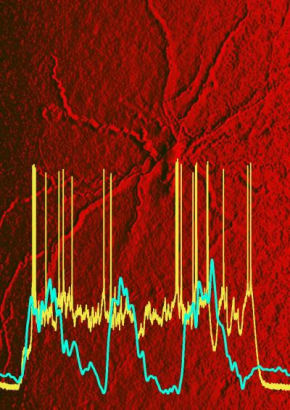







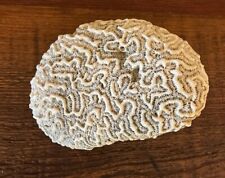



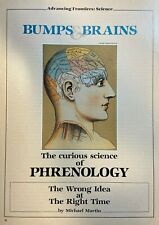

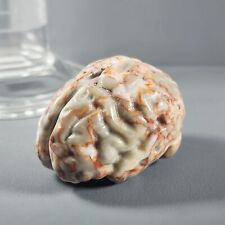
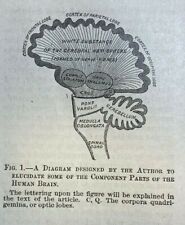

Comments are closed.